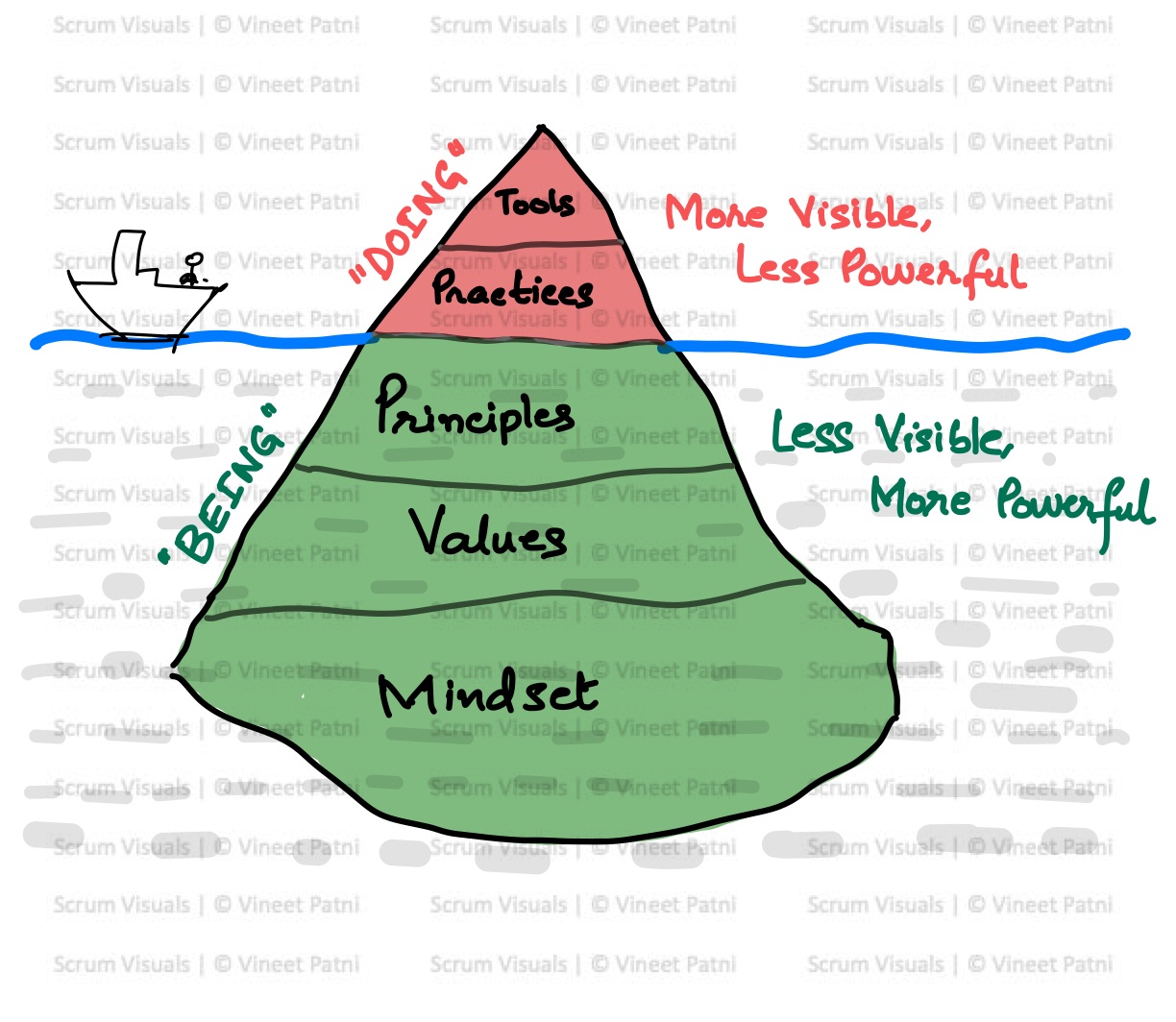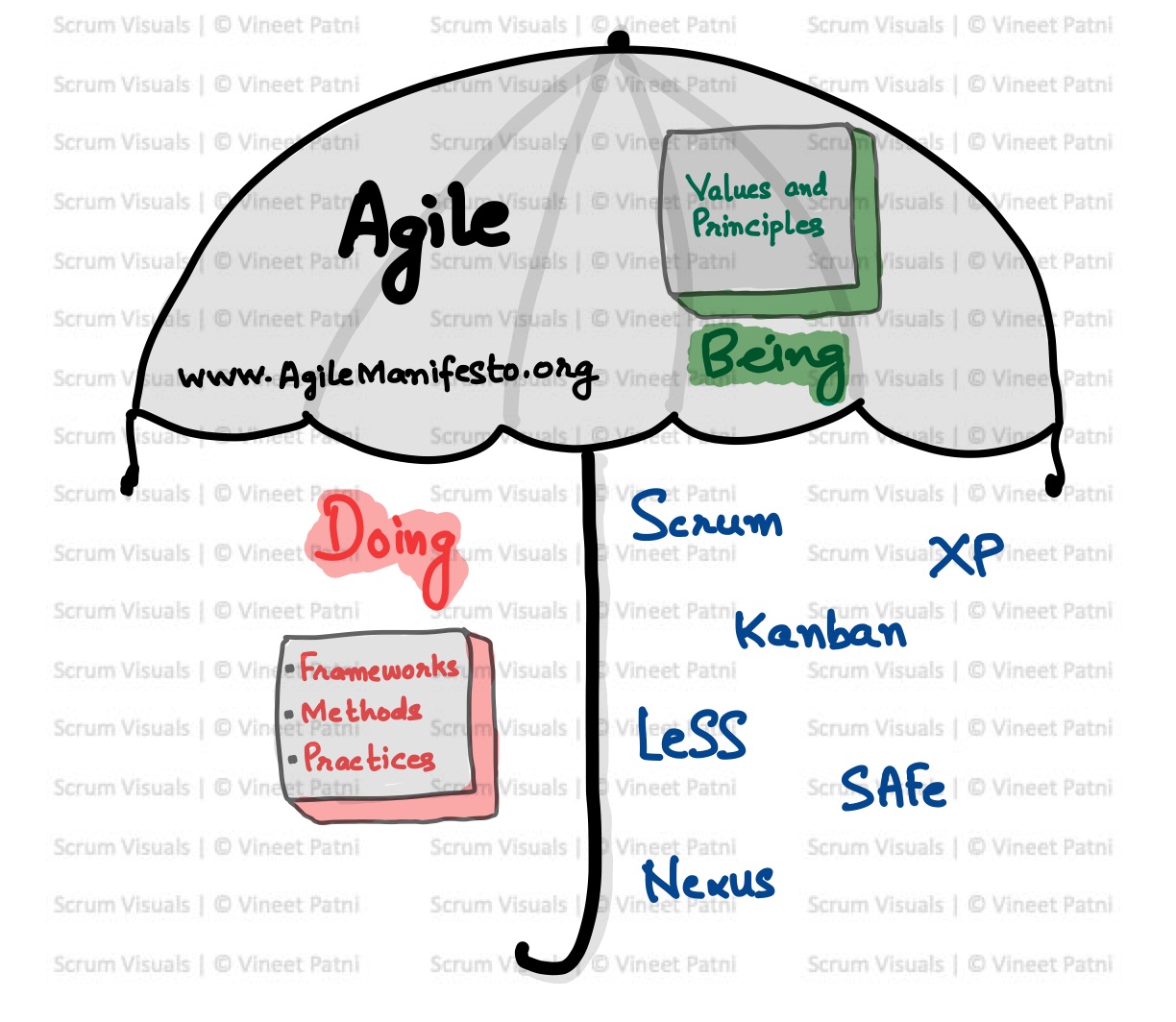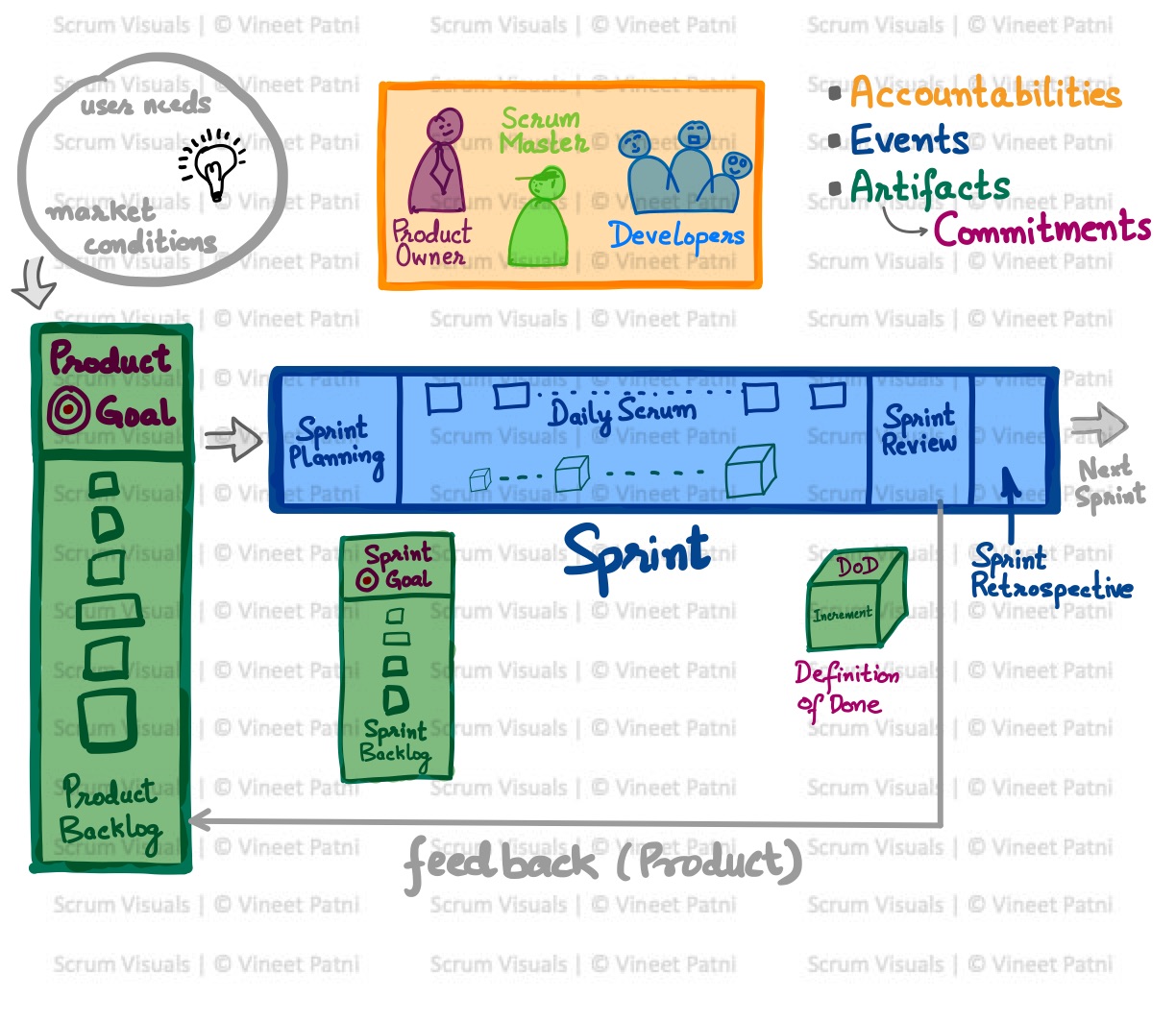The Ultimate Guide to ChatGPT for Product Owners: Use Cases & Prompts
From refining backlogs to stakeholder communication, here’s how ChatGPT can become your virtual Product Ownership assistant.
As the role of the Product Owner (PO) becomes increasingly complex, balancing stakeholders, backlogs, customer feedback, and Sprint goals — time becomes your most limited resource.
Enter ChatGPT — an AI-powered assistant that can help you think faster, write better, and decide smarter.
But before you hand over your product backlog to a chatbot, let’s explore how to use ChatGPT effectively in the Product Owner role — and where to be cautious.
Why ChatGPT Matters for Product Owners
ChatGPT isn’t just a writing tool — it’s a thinking partner.
Used well, it can help POs:
- Draft user stories
- Refine acceptance criteria
- Create stakeholder updates
- Summarize customer interviews
- Generate test cases
- Brainstorm feature ideas
The goal is not to replace your judgment, but to accelerate your thinking and reduce grunt work.
Top Use Cases for Product Owners
1. Backlog Refinement & User Stories
Tired of blank-page syndrome? Use ChatGPT to:
- Turn feature ideas into structured user stories
- Suggest acceptance criteria
- Refine vague requirements into testable statements
Prompt Example:
“Turn this feature idea into a user story with acceptance criteria: Users should be able to save their favorite reports.”
2. Stakeholder Communication
Quickly draft emails, release notes, or executive summaries based on sprint updates.
Prompt Example:
“Write a stakeholder update summarizing the last sprint for a non-technical audience.”
3. Customer Interview Summaries
Paste transcripts or notes and ask ChatGPT to summarize key themes, problems, and opportunities.
Prompt Example:
“Summarize these customer interview notes into top 5 insights and feature requests.”
4. Epic & Feature Brainstorming
Stuck on the next big thing? Ask ChatGPT to generate feature ideas based on user problems or goals.
Prompt Example:
“Give me 5 new feature ideas for improving user retention in a mobile wellness app.”
5. Sprint Planning & Goal Framing
Use ChatGPT to turn backlog items into meaningful Sprint goals and help explain trade-offs to the team.
Prompt Example:
“Create a clear Sprint goal using these 4 backlog items: X, Y, Z, and bug #123.”
Pitfalls to Watch Out For
While ChatGPT is powerful, Product Owners should stay in control and avoid these common mistakes:
1. Over-Reliance on AI Outputs
ChatGPT can’t understand your product context, user behavior, or business constraints. Always verify and adapt its responses.
2. Generic or Fluffy Language
AI-generated content can sound polished but vague. Watch for substance over style — especially in requirements or stakeholder communication.
3. Security & Confidentiality Risks
Never feed ChatGPT sensitive data like customer info, internal roadmaps, or unreleased features. Use anonymized or public info only.
4. Ethical & Compliance Considerations
Be mindful of AI hallucinations, bias, and factual inaccuracies — especially if ChatGPT is summarizing research or writing decision documents.
Best Practices for POs Using ChatGPT
- Use it for drafts, not decisions
- Always edit and add context
- Don’t outsource product thinking
- Stay transparent with your team
- Keep your prompts clear and specific
Final Thought: ChatGPT Won’t Replace POs — But POs Who Use AI Will Replace Those Who Don’t
ChatGPT is like a junior assistant who works fast, never complains, and is surprisingly creative — but still needs your supervision.
For Product Owners willing to experiment, it offers a significant productivity edge. And in a world where velocity, clarity, and customer-centricity matter more than ever, that’s not a luxury — it’s a competitive advantage.
Explore AI-Ready Product Owner Training
Want to learn how to integrate AI into your PO toolkit responsibly and effectively?
Join ScaleUp’s AI for Product Owners program — practical, hands-on, and designed for today’s product leaders.











